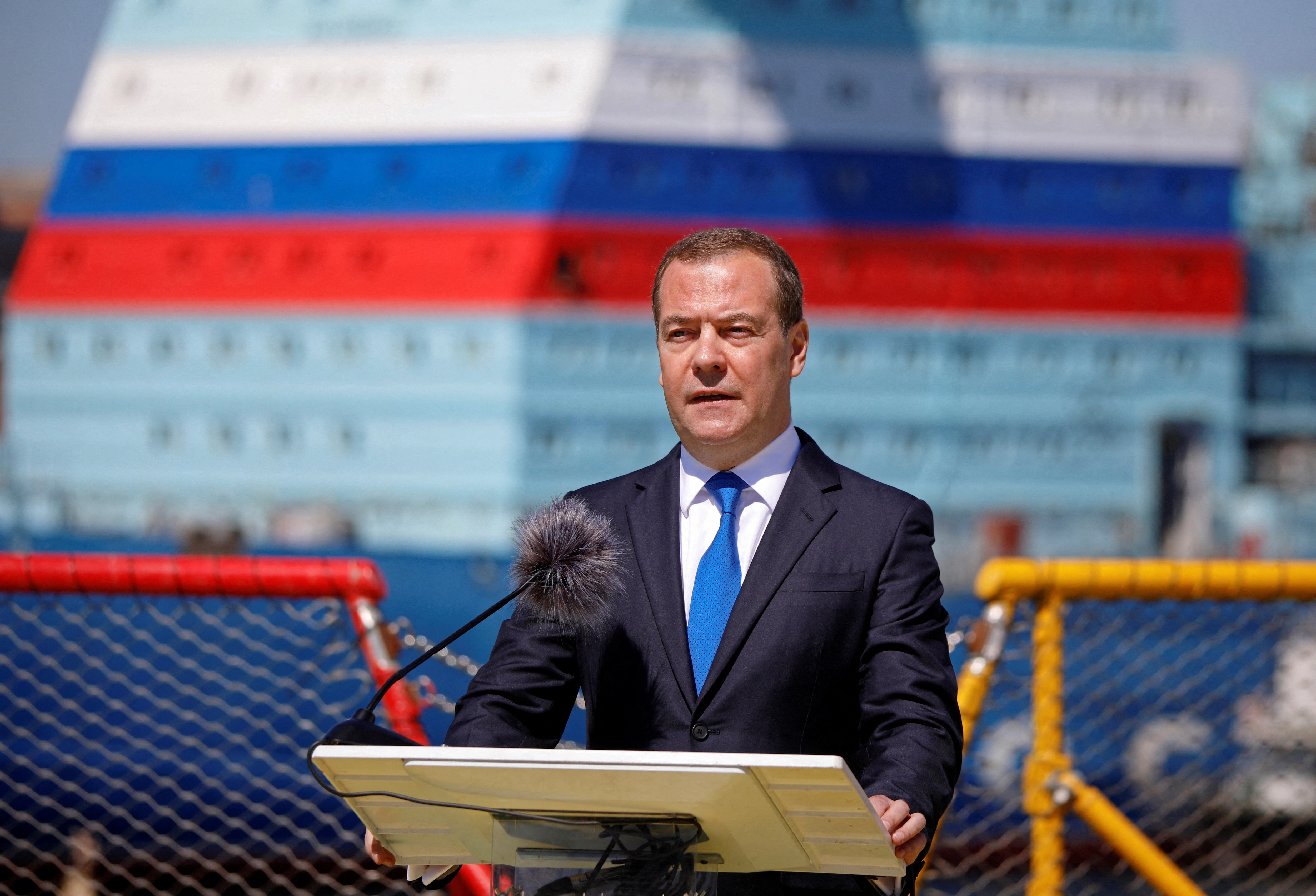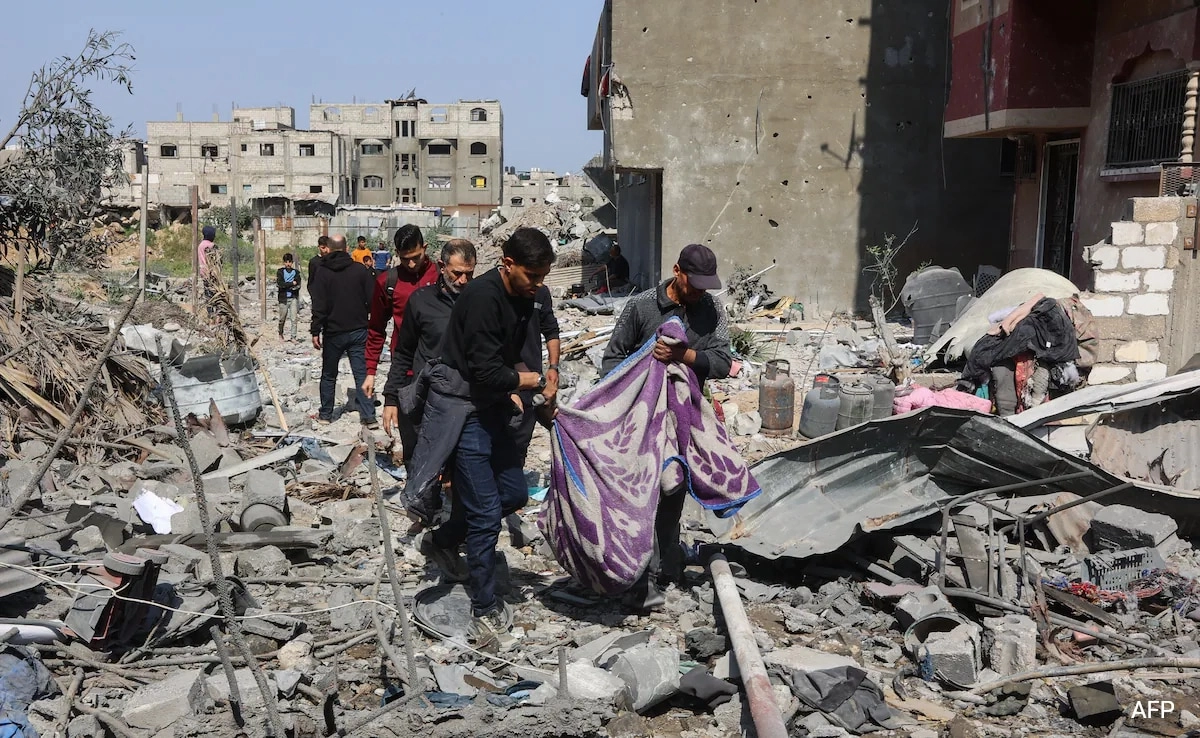In a recent statement that has garnered significant attention, a Russian official issued a stark warning to former President Donald Trump regarding his comments about the economies of Russia and India. Labeling these nations as “dead economies,” Trump’s assertion has stirred a mix of reactions, both domestically and internationally. The remarks come at a time when geopolitical tensions are already heightened, particularly in the context of Russia’s ongoing military actions and its economic ramifications. This characterization not only undermines the complexities of these nations’ economic landscapes but also risks escalating diplomatic tensions.
In response to Trump’s comments, the Russian official, whose identity reflects the concerns of the Kremlin, has threatened nuclear strikes if such rhetoric continues. This reaction underscores the fragile state of international relations, particularly between the U.S. and Russia, where words can quickly escalate into serious threats. The official’s warning serves as a reminder of the precarious balance of power and the dire consequences that can arise from incendiary political discourse. The use of nuclear threats, even in a rhetorical context, highlights the severity of the situation and the potential for misunderstandings that could lead to catastrophic outcomes.
Furthermore, the implications of Trump’s remarks extend beyond just the U.S.-Russia dynamic; they also touch upon the broader interactions with India. As a significant player on the world stage, India’s economic health and its partnerships are crucial for global stability. Labeling it a “dead economy” not only misrepresents the country’s growth potential but also risks alienating a key ally in the region. The interplay between these nations is complex and requires careful navigation, especially in light of ongoing global challenges.
In conclusion, the intersection of Trump’s provocative statements and the fierce response from Russian officials illustrates the volatile nature of international relations today. As countries grapple with economic difficulties and political uncertainties, the rhetoric used by influential leaders can have far-reaching consequences. It is essential for political figures to approach such discussions with a sense of responsibility, recognizing that their words can provoke reactions that may escalate tensions in an already fragile geopolitical climate. The need for diplomatic dialogue and constructive engagement has never been more critical, as the world grapples with the repercussions of historical conflicts and seeks pathways toward resolution.




